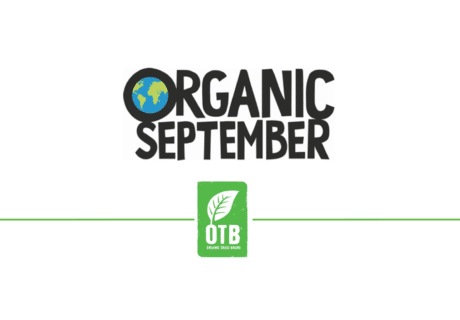The Select Committee on Food, Poverty, Health and the Environment has today published a new report which calls into question the affordability of the Government’s recommended healthy diet.
The report, Hungry for change: fixing the failures in food, says that the UK’s food system – which includes production, manufacture, retail and consumption – is ‘failing’. It outlines what it calls ‘stark contrasts in the way that people experience the food system in this country’ and says that for many people ‘food is the source of considerable anxiety’. Furthermore, it says the COVID-19 crisis has ‘exposed the fragility’ of many Brits’ economic situations and ‘exacerbated many of the problems relating to poverty [and] food insecurity’. During the last two weeks of March, the Trussell Trust reported an 81% increase in demand for emergency parcels from food banks.
“The crisis should serve as an urgent wake up call to the Government. People should be able to access not only enough food, but also the food that they need to stay healthy; the food system, and action in related policy areas such as health, welfare and food production, should guarantee this,” its opening summary says.
During the course of its inquiry, the Committee identified what it calls ‘barriers’ at every level of food production, which ‘make it harder for people, particularly those living in poverty, to access a healthy and sustainable diet’ – and the Government’s lack of ‘unifying’ ambition or strategy has resulted in missed opportunities around issues of hunger, health and sustainability from ‘being considered in parallel’. This inaction, says the Committee, is paving a path towards a life of ill health – at the expense of the NHS – for many children.
The Peers highlight that Britain consumes more ultra-process food and holds one of the highest obesity rates in Europe. Without adequate time, knowledge or money to shop for healthier food – which in some areas can mean visiting multiple shops in order to access to variety – the poorest among the population are ‘most at risk from a system which actively encourages highly processed, less healthy food by making it cheaper, more heavily promoted and easier to buy’. They add that agriculture is ‘environmentally unsustainable’ and that if Britain is to meet its net zero emissions target, ‘farmers must be supported fully and rewarded for environmental outcomes’.
Many of Britain’s poorest families have little or no choice. They either go without food or buy unhealthy food because that’s what they can afford and get hold of
Lord Krebs, chair of the Committee, comments: “Problems of diet and ill health have been staring us in the face for decades, but successive governments have done precious little about it. While this affects everyone, people in poverty either can’t afford enough to eat or have unhealthy diets.
“Many of Britain’s poorest families have little or no choice. They either go without food or buy unhealthy food because that’s what they can afford and get hold of.
“The Government knows about the problem. It’s time to stop the dither and delay, endless talking and consultation, and get on with it.”
Anna Taylor, executive director of the Food Foundation, adds: “This landmark report clearly explains the raft of actions needed to tackle our nation’s dietary inequalities which have been highlighted so starkly by the COVID pandemic. “This report shows that millions of families can’t eat well unless they have sufficient income and an environment which makes the healthy choice the easiest. People can no longer wait for lengthy government consultations which languish in Whitehall.
“Every day that passes where the odds are stacked against families securing a healthy diet is a missed opportunity to secure a healthy future for our children.”
The Committee is urging the Government to:
- Measure how many people live with food insecurity and analyse why
- Incorporate the costs of a healthy diet into benefits calculations
- Curb ‘excessive advertising and promotion of unhealthy foods’
- Increase pressure on the food industry to reduce sugar, salt, calories and unhealthy fats in processed food, and introduce mandatory requirements
- Ensure that food initiatives for disadvantaged children are properly funded, implemented and monitored
- Establish an independent body to oversee a National Food Strategy and report annually to Parliament
- Use the Agriculture Bill to encourage production and consumption of healthy food and ensure that it ‘delivers the public environmental goods it is designed to’.





